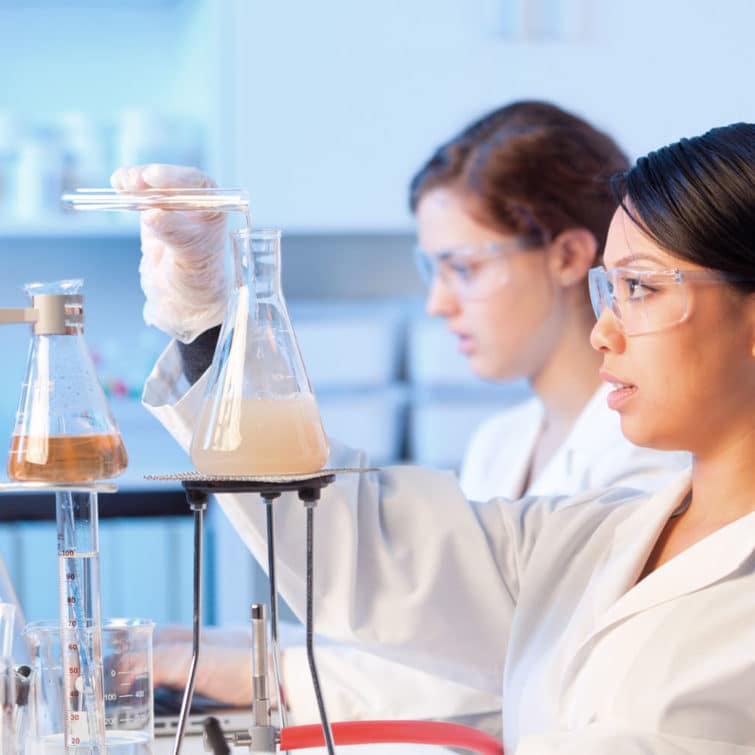Lipids Chemistry
This course focuses on contributions of biochemistry toward an understanding of the structure and functioning of organisms, tissues, and cells.
Topics include:
- Chemistry and functions of constituents of cells and tissues and the chemical and physical-chemical basis for the structures of nucleic acids, proteins, and carbohydrates.
- Basic enzymology and biochemical reaction mechanisms involved in macromolecular synthesis and degradation, signaling, transport, and movement.
- General metabolism of carbohydrates, fats, and nitrogen-containing materials such as amino acids, proteins, and related compounds.
- Ch.1: Introduction to Microorganisms
- Ch.2: Bacteria: Their Structure and Organization
- Ch.3: Bacterial Growth and Physiology
- Ch.4: Bacterial Viruses (Bacteriophages)
- Ch.5: Bacterial Genetics
- Ch.6: Bacterial Variation
- Ch.7: Antimicrobial Chemotherapy
- Ch.8: Disinfection and Sterilization
- Ch.9: Bacterial Pathogenesis
- Ch.10: General
- Ch.11: General Mycology
- Ch.1: Introduction to Microorganisms
- Ch.2: Bacteria: Their Structure and Organization
- Ch.3: Bacterial Growth and Physiology
- Ch.4: Bacterial Viruses (Bacteriophages)
- Ch.5: Bacterial Genetics
- Ch.6: Bacterial Variation
- Ch.7: Antimicrobial Chemotherapy
- Ch.8: Disinfection and Sterilization
- Ch.9: Bacterial Pathogenesis
- Ch.10: General
- Ch.11: General Mycology

What We Learn ?
It could be time to seek therapy if an issue causes distress or interferes with daily life. Distress can mean negative thoughts, feelings, behaviors, or even a bodily sensation such as pain or fatigue. It is important not to wait until symptoms become severe before going to therapy. It may be best to seek therapy if you are often unhappy or feel overwhelmed and hopeless about issues in your life. Therapy can also help if you cannot focus on work or school.
Get This Course Now !
You can learn more about the course and obtain it by contacting us via phone or WhatsApp
